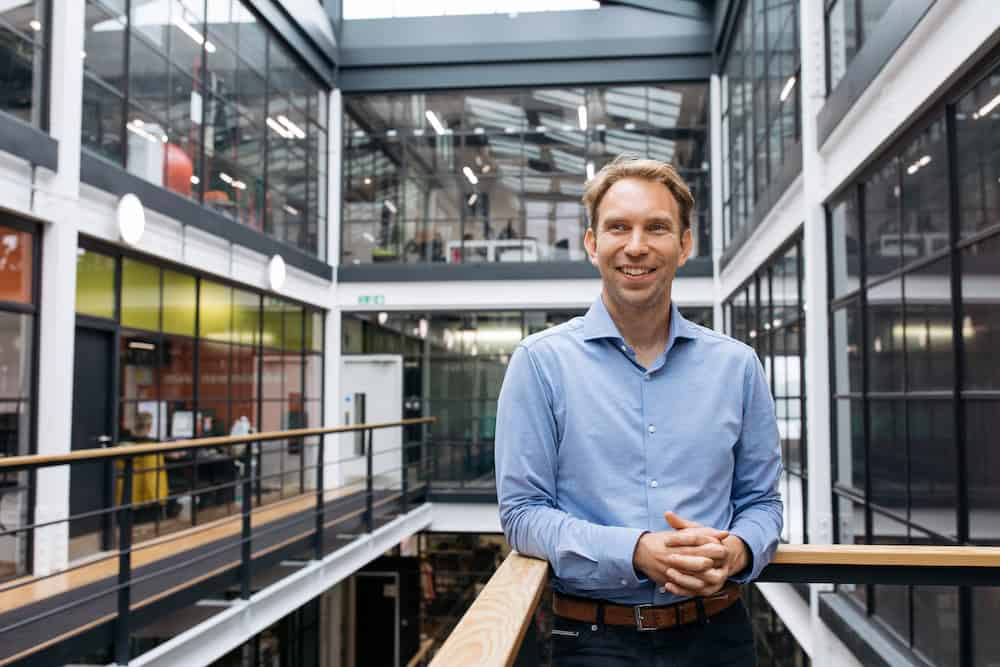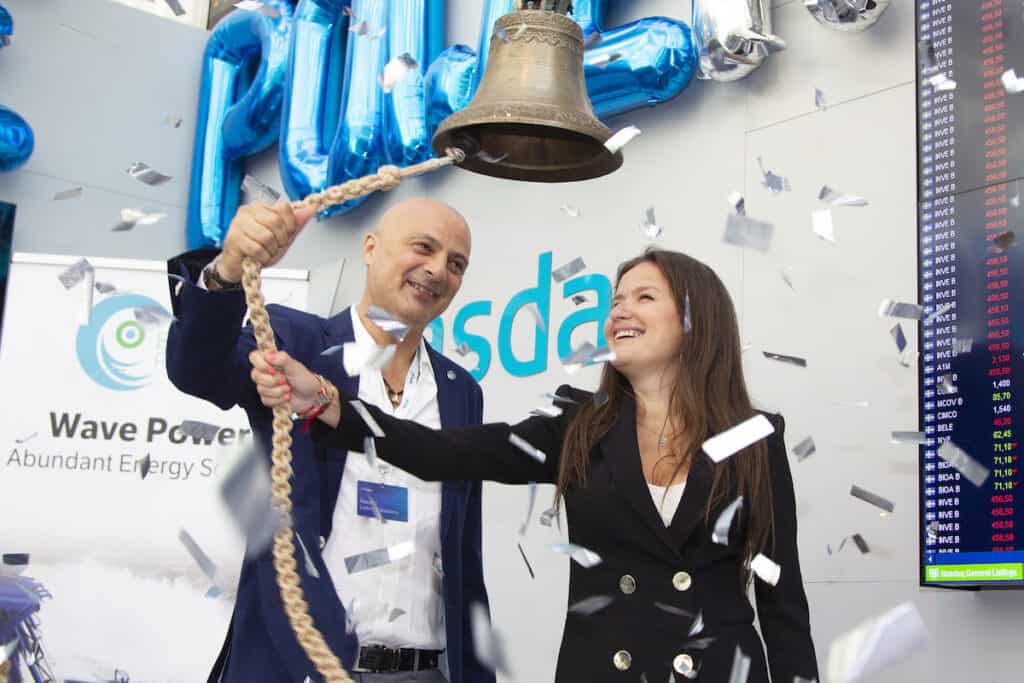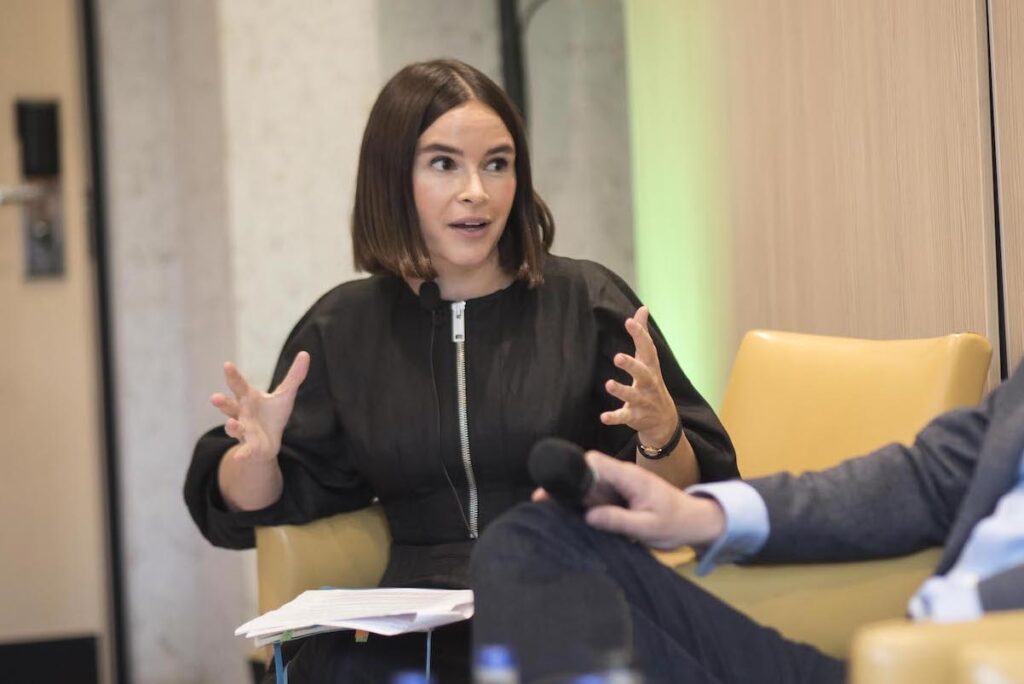Chris Sheldrick, Co-Founder and CEO of what3words, reveals how he went against the grain to raise over £100m, change human behaviour, and build a new global address system, now used by major car brands, ecommerce platforms, and emergency services globally.
“If you have a business that doesn’t fit an existing vertical, you may not be in any investor’s sweet spot, but you might be relevant enough to appeal to people all over the world,” says Chris Sheldrick, Co-Founder and CEO of what3words.
Working in music and live events, Chris grew too used to delivery drivers struggling to find remote locations. When one truck driver misread his GPS coordinates and delivered all the equipment he’d brought from the UK to a wedding an hour north of Rome, instead of an hour south, Chris knew something needed to change.
“I thought it was crazy that there wasn’t a simple, human-friendly version of GPS coordinates for the average person to use,” he recalls.
Chris founded what3words in 2013 to solve that problem. What3words divides the earth into 57 trillion three-metre square blocks and assigns each of them a unique three-word address, providing a simple way to find and share precise locations – the door to the Founders Forum Group office is ///crest.mining.laptop.
Today, the what3words app is used by millions of people in 193 countries daily, in over 50 languages, and thousands of organisations use what3words to improve customer experiences, navigation, delivery efficiency, and to reach people in need – from car manufacturers, to ecommerce platforms, to emergency services, to the National Postal Service in Mongolia.
what3words has raised over £100m from investors, including Mercedes-Benz, Intel Capital, ITV AdVentures, and Sony Innovation Fund. But when he started out, Chris had a radical business idea with no precedent, no competitors, and no clear industry to aim for. So how do you get traction for something completely new?
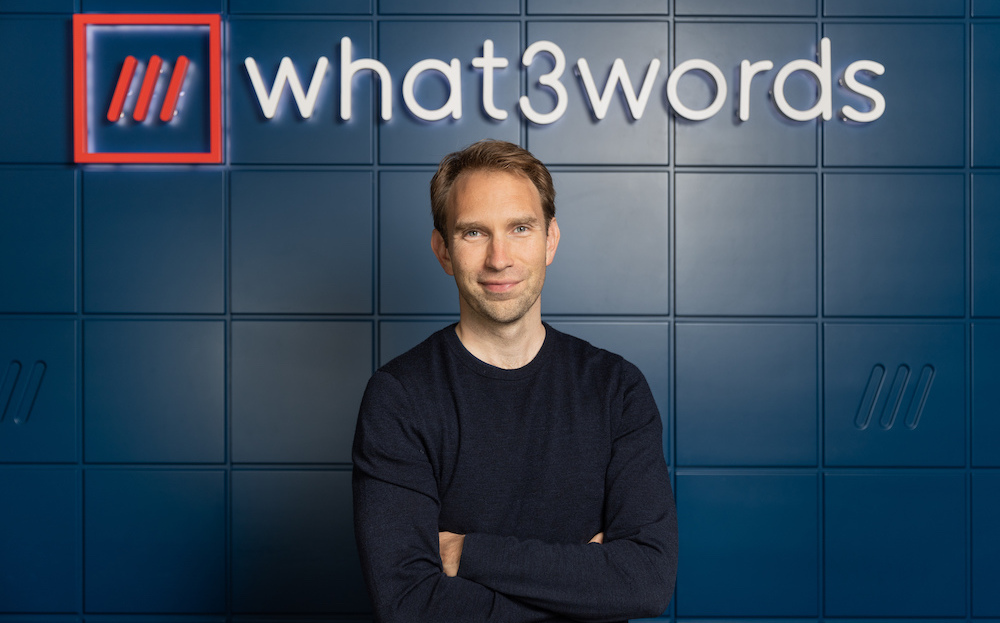
Building what3words: A New Global Address System
Chris turned what3words from an idea into reality almost overnight. He joined forces with two school friends – mathematician Mohan Ganesalingam, who came up with the three-word address algorithm, and language specialist, Jack Waley-Cohen – before raising $500k in Seed funding.
He soon discovered that he was building a polarising business; investors were either confused by it, or they loved it.
“There’s no fund or investor with an investment mandate that perfectly fits a company like ours,” Chris explains.
“We’re not logistics or mobility or maps in the truest sense and it’s very hard to say what industry we operate in – if we had targeted specific investor criteria, we would never have got any investment! So we were very much out there on our own, talking to a whole range of people.”
Creating a new global standard for anything is tough – what3words relies on both users and businesses to ditch traditional address systems and share their three word addresses with each other.
“We grew by social validation.” Chris explains. “Niche groups, like badger enthusiasts in rural areas, first started using what3words, then tree surgeons, and then the emergency services were a huge driver of awareness in the UK.
“With that network effect, eventually you get embedded into society. When you’re popping up on everyone’s ‘contact us’ pages, you can withdraw your marketing spend and your standard stays in place.”
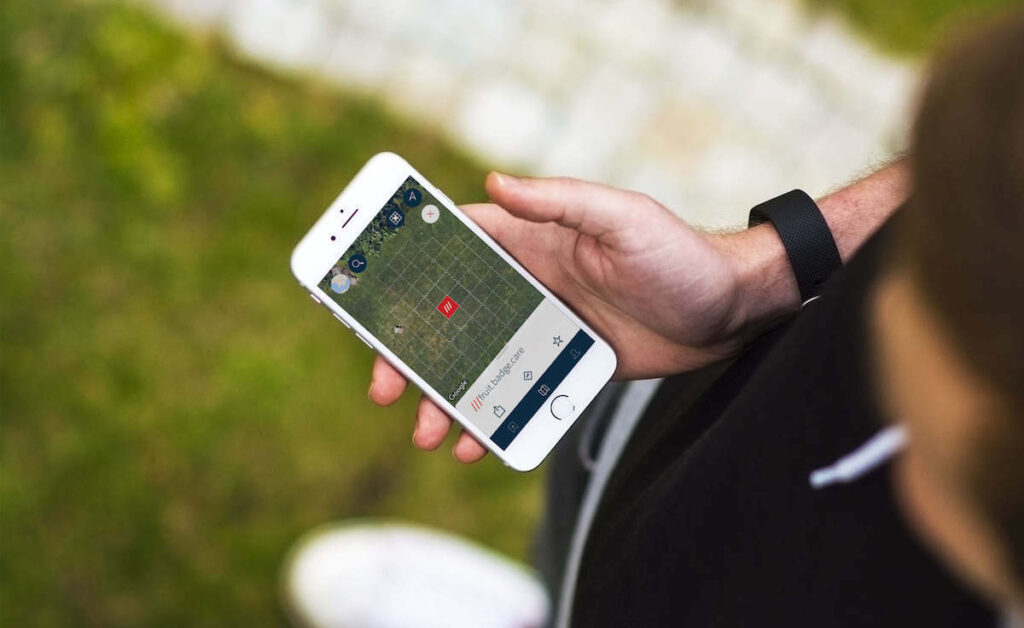
Global media coverage and life-affirming stories from users help too. what3words is used by over 85% of the UK’s Police, Ambulance and Fire services to locate emergency incidents quicker and, ultimately, to save lives.
When Queen Elizabeth II died and mourners queued for 10 miles to pay their respects, the UK Government used what3words to show the queue’s precise location.
“When Mercedes-Benz integrated what3words into its in-car navigation systems, that also gave us huge brand credibility,” Chris notes.

What’s Next for what3words?
Chris now heads up a team of over 100, headquartered in London, UK, and is targeting two main growth areas: the automotive industry and expansion in Asia, the Middle East, and the US.
What3words recently partnered with the car manufacturer, Subaru, which became the first automaker globally to introduce what3words voice navigation in Japanese, and major Indian courier delivery company, DTDC, which handles more than 12 million shipments each month.
Already, car manufacturers including Jaguar Land Rover, Lamborghini, Mahindra, Mercedes-Benz, Tata Motors, and EV company, Vinfast, have integrated what3words into their navigation systems.
“Don’t expect to see any new products; it’s not that kind of tech company. We want to see more users for our product in our key sectors: automotive, ecommerce, and logistics.” In the future, Chris says he sees what3words as a natural partner for autonomous vehicles and drones.
His global expansion strategy is to “copy and paste” how what3words grew in the UK elsewhere: recruit local speakers, target niche groups, build natural brand ambassadors, and grow from there.
For anyone looking to introduce a new idea into the world, Chris says you need to be comfortable with criticism.
“Even if there’s no comparable data, or competitors, or other players in your field, keep pushing forward with your idea.
“The reward is national level adoption.”
Subscribe to Founders News to get more startup stories like this one direct to your inbox.
 All Posts
All Posts